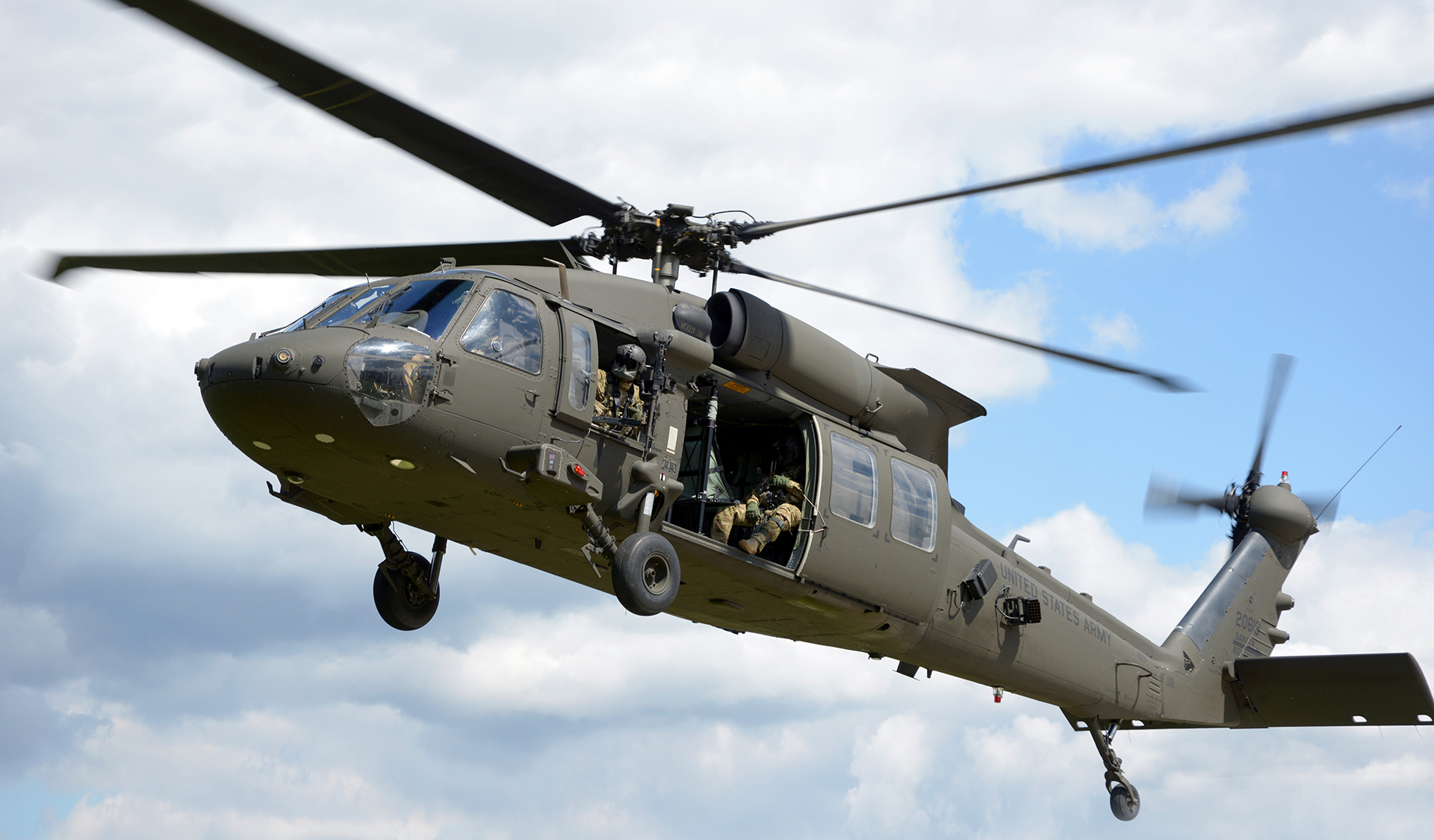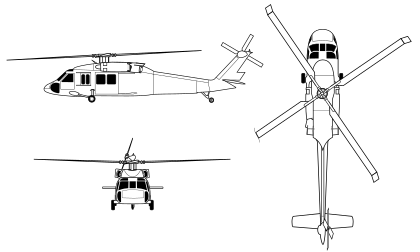The Impact of Sustainable Practices on the Future of Airplane Procedures and Emissions Decrease
As the aviation sector deals with increasing analysis over its environmental influence, the fostering of sustainable methods emerges as an essential pathway toward future aircraft procedures and exhausts reduction. Technologies in sustainable aviation gas and advancements in crossbreed propulsion technologies stand at the forefront of this improvement, promising significant reductions in greenhouse gas exhausts.

Introduction of Sustainable Practices
Lasting techniques in airplane procedures incorporate a variety of methods targeted at minimizing ecological influence while maintaining operational effectiveness. These methods are essential in the aviation industry's commitment to decreasing its carbon impact and sticking to global environmental criteria. Secret efforts consist of optimizing trip courses to lower gas consumption, enhancing maintenance procedures to guarantee aircraft run at peak efficiency, and carrying out sophisticated modern technologies such as winglets and light-weight materials that boost the rules of aerodynamics.

Educating and involving team on sustainability practices also play a vital function, promoting a society of ecological obligation within companies. On the whole, the combination of these lasting techniques not only helps decrease exhausts however additionally enhances the long-lasting feasibility of the aeronautics sector, ensuring it satisfies the demands of both customers and governing bodies while adding to international sustainability goals.
Ingenious Gas Alternatives
Various innovative gas alternatives are emerging as critical services to reduce the aeronautics sector's reliance on typical nonrenewable fuel sources. Among these options, Sustainable Aeronautics Fuels (SAFs) have actually gotten substantial attention due to their potential to reduce lifecycle greenhouse gas exhausts by up to 80% contrasted to conventional jet fuels. SAFs are stemmed from various feedstocks, consisting of waste oils, agricultural deposits, and even algae, making them a flexible option for the sector.
One more appealing choice is hydrogen fuel, which, when made use of in fuel cells, generates only water vapor as a byproduct. Furthermore, electrical propulsion systems are being explored, leveraging battery innovation to power airplane.
Lastly, biofuels stemmed from biomass are being investigated, using an eco-friendly alternative that can be blended with typical gas. Jointly, these ingenious fuel choices stand for a crucial step towards accomplishing a sustainable aviation community, aligning with worldwide emissions decrease targets and boosting the sector's ecological stewardship.
Technical Advancements in Air Travel

Exactly how can technological improvements improve the future of air travel? The integration of cutting-edge technologies is pivotal in changing aircraft procedures, improving performance, and reducing emissions. Technologies such as hybrid and electrical propulsion systems are at the leading edge, promising significant reductions in fuel intake and greenhouse gas emissions. These systems utilize developments in battery technology and energy administration, enabling airplane to operate with a reduced ecological impact.
Additionally, the application of sophisticated materials, such as light-weight composites, adds to enhanced aerodynamics and gas performance. The use of expert system and maker learning in trip procedures optimizes route preparation and decreases gas melt by making it possible for real-time adjustments based upon weather condition and web traffic conditions. In addition, the development of independent and remotely piloted aircraft systems stands to revolutionize freight and traveler transportation, potentially enhancing effectiveness while minimizing human mistake.
Furthermore, sustainable aeronautics modern technologies, including advanced air web traffic monitoring systems, can enhance operations and reduce congestion, leading to lower exhausts during flight. These developments jointly represent a paradigm change in aviation, promising a future where sustainability and functional effectiveness are intertwined, thereby supporting the industry's dedication to decreasing its environmental influence.

Regulatory Framework and Conformity
Taking into account the expanding emphasis on ecological stewardship within the aviation market, the regulatory framework controling airplane operations is advancing to promote lasting methods. Regulative bodies, such as the International Civil Aviation Company (ICAO) and numerous national aeronautics authorities, are introducing stringent standards targeted at minimizing exhausts and enhancing operational performance.
These laws commonly include the adoption of Lasting Aeronautics Gas (SAF), which has actually been recognized as an essential component in attaining reduced carbon impacts. Conformity with these laws needs airlines to execute advanced innovations and operational practices, such as enhanced trip courses and boosted air website traffic administration, to minimize fuel intake.
Additionally, the enforcement of exhausts trading systems and carbon offsetting campaigns is coming to be significantly widespread, compelling airline companies to monitor and report their discharges properly. Non-compliance can result in significant penalties, thus pressing operators to prioritize sustainability in their company versions.
Eventually, the developing governing landscape not only drives innovation and investment in green modern technologies but additionally fosters a society of liability within the aviation sector. As these frameworks remain to develop, the focus on lasting practices will be essential to achieving the industry's lasting ecological goals.
Future Trends in Aircraft Workflow
As the aeronautics sector adapts to a significantly strict regulative environment, future fads in airplane operations are set to concentrate on ingenious services that additionally enhance sustainability and efficiency - uh 60. Secret developments will likely consist of the adoption of advanced air web traffic management systems, which utilize real-time information and expert system to maximize trip courses, reducing fuel consumption and emissions
An additional substantial fad is the enhanced integration of lasting aeronautics fuels (SAFs) These choices to standard jet fuel, acquired from renewable resources, can substantially decrease lifecycle greenhouse gas discharges. The sector's commitment to SAFs will likely speed up as airline companies work together with fuel producers to make sure availability and cost-effectiveness.
In addition, the push towards electrification and crossbreed propulsion her response systems is getting energy. Arising airplane layouts will certainly include these innovations, providing quieter and more reliable operations, specifically for short-haul flights.
Verdict
The fostering of sustainable air travel fuels, paired with advancements in electrical and hybrid propulsion systems, is crucial for minimizing lifecycle greenhouse gas exhausts. Enhancing trip courses and accepting innovative technologies contribute to a quieter and more ecologically friendly aviation industry.
Technologies in sustainable aviation fuels and innovations in hybrid propulsion modern technologies stand at the forefront of this improvement, appealing substantial reductions in greenhouse gas emissions.Many ingenious gas options are emerging as essential services to reduce the air travel a fantastic read sector's dependence on conventional fossil fuels - uh 60. Amongst these options, Sustainable Aviation Gas (SAFs) have acquired substantial interest due to their prospective to reduce lifecycle greenhouse gas exhausts by up to 80% contrasted to standard jet fuels.An additional substantial trend is the enhanced integration of lasting aeronautics gas (SAFs) The fostering of sustainable aeronautics fuels, coupled with innovations in hybrid and electric use this link propulsion systems, is crucial for lessening lifecycle greenhouse gas discharges